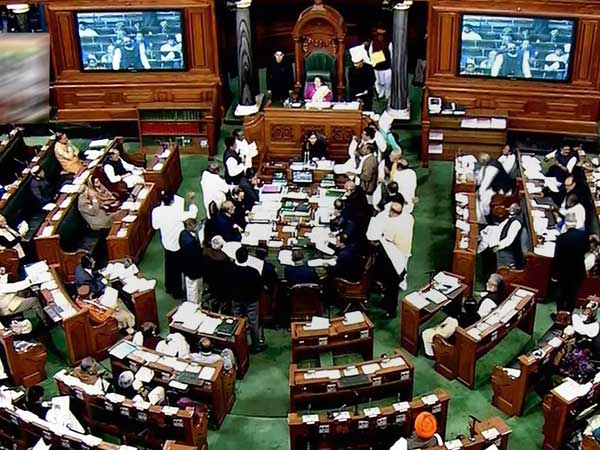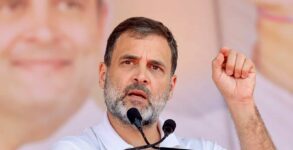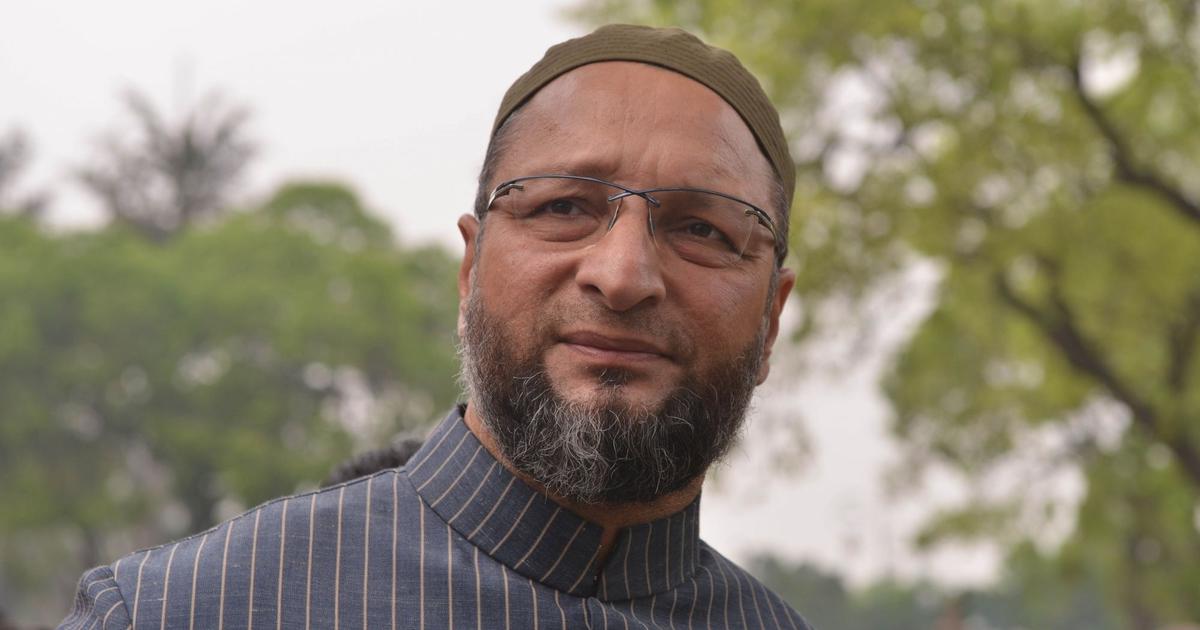After four years of chairing the ruling seat of the government, Narendra Modi faced the first no-confidence motion from the opposition, approved by the Lok Sabha speaker Sumitra Mahajan. On Wednesday, the first day of the monsoon session, the Congress and TDP gave notice of the motion of no confidence, which will be discussed in detail on Friday.
UPA chairperson and Congress leader Sonia Gandhi said, “Who said we don’t have numbers? We have enough numbers against the Modi government.”
Current Status of Lok Sabha:
- Total MPs – 545 (of which 2 are nominated members)
- Due to 8 vacant seats, Lok Sabha constitutes of 535 MPs at present
- Majority of 268 MPs is compulsory to pass the no-confidence motion.
The Parliamentary Affairs Minister Ananth Kumar’ said “the government is also ready to face the motion of no confidence. We will win easily because we have a two-thirds majority in the House.”
BJP is confident of receiving support from 314 MPs.
All about no-confidence motion since 1963:
A total of 26 no-confidence motion notices have been presented in the Lok Sabha so far. 27th resolution was approved on Wednesday.
Interestingly, the first no-confidence motion in the Lok Sabha was introduced in 1963 by Acharya Kriplani against the Jawahar Lal Nehru Government. Recorded 15 no-confidence motion notices were presented against the Indira Gandhi government.
Speaking of the NDA government, first no-confidence motion was introduced in 1999, when the Vajpayee government had fallen by a vote. Vajpayee was the first prime minister who lost with such a small difference. Even in 1996, the motion for non-confidence was presented against Vajpayee, but he had resigned even before voting. In 2003, Congress again gave a no-confidence motion against the Vajpayee-led NDA, but Vajpayee had a substantial majority.
In 2008, the Left withdrew support from the UPA government during the nuclear deal. At that time, Manmohan Singh had won in the vote.


















